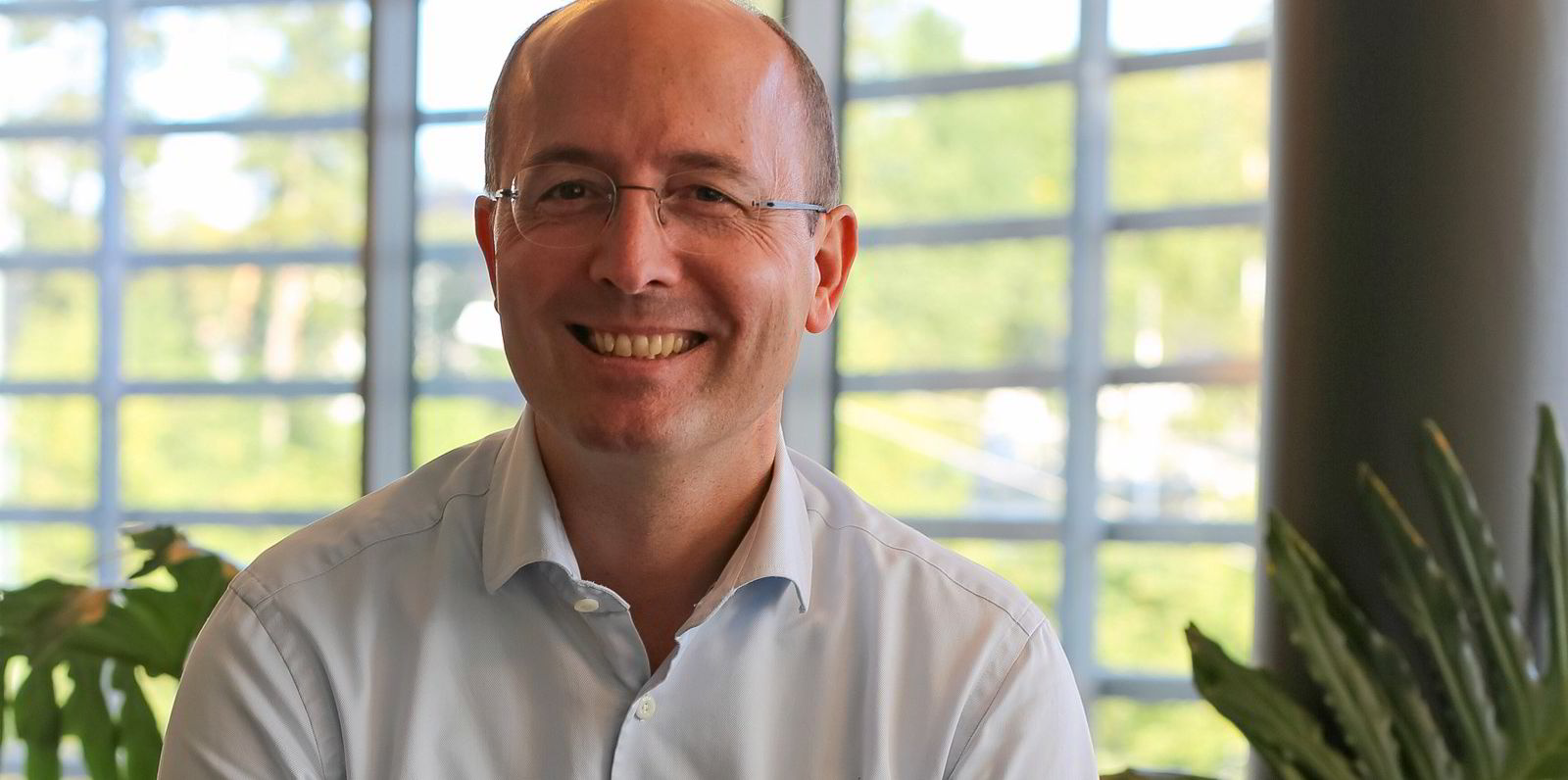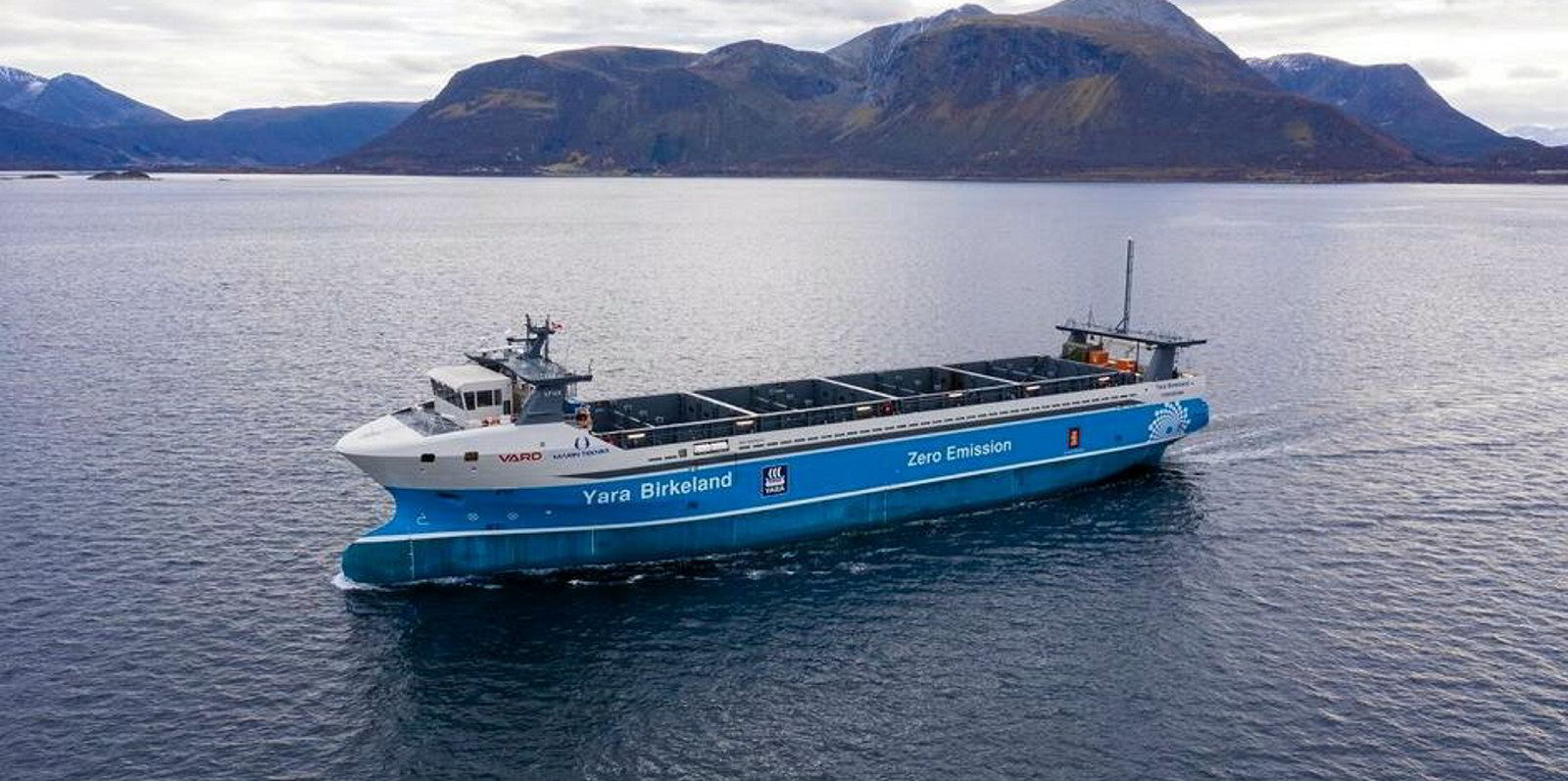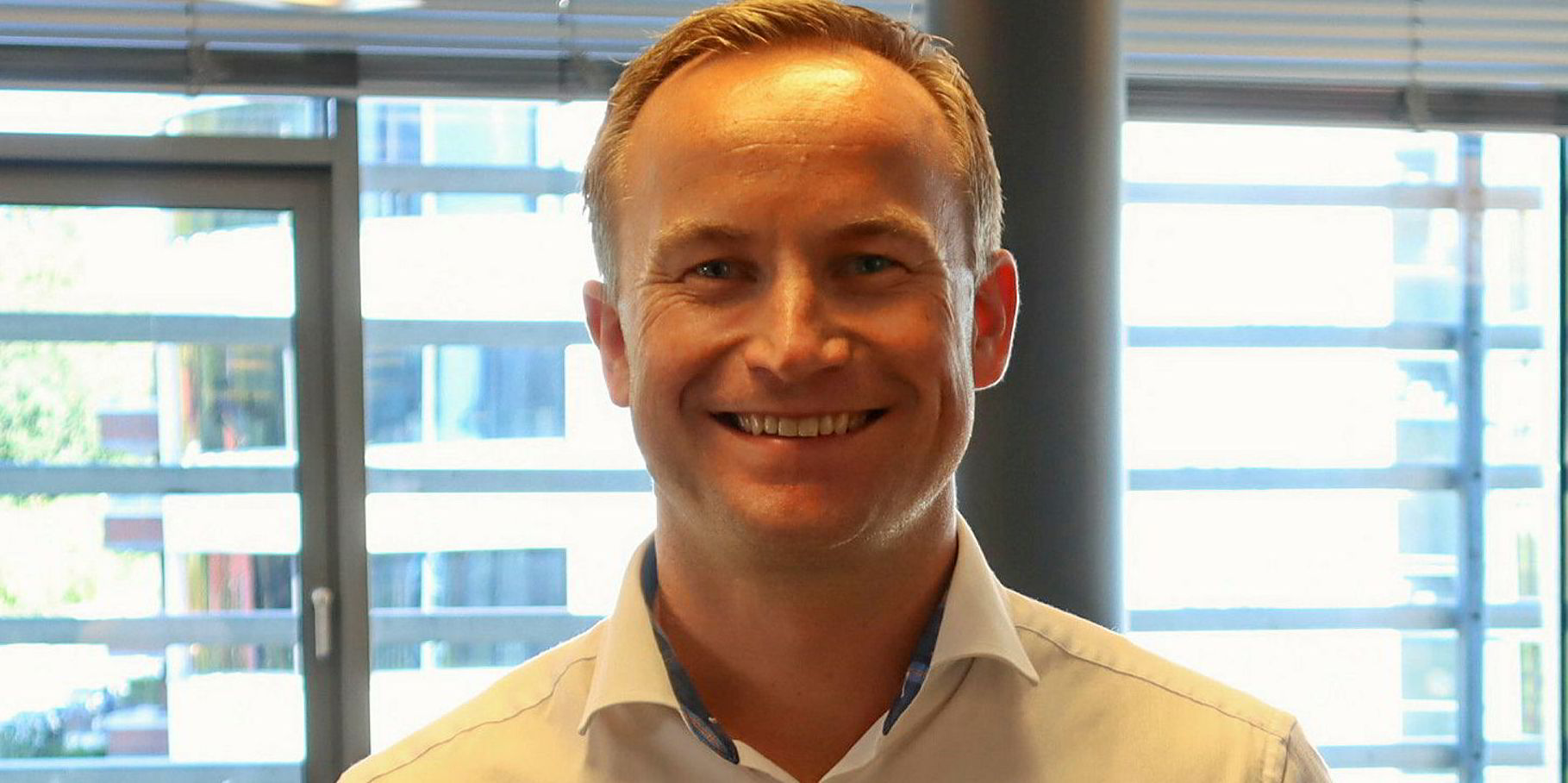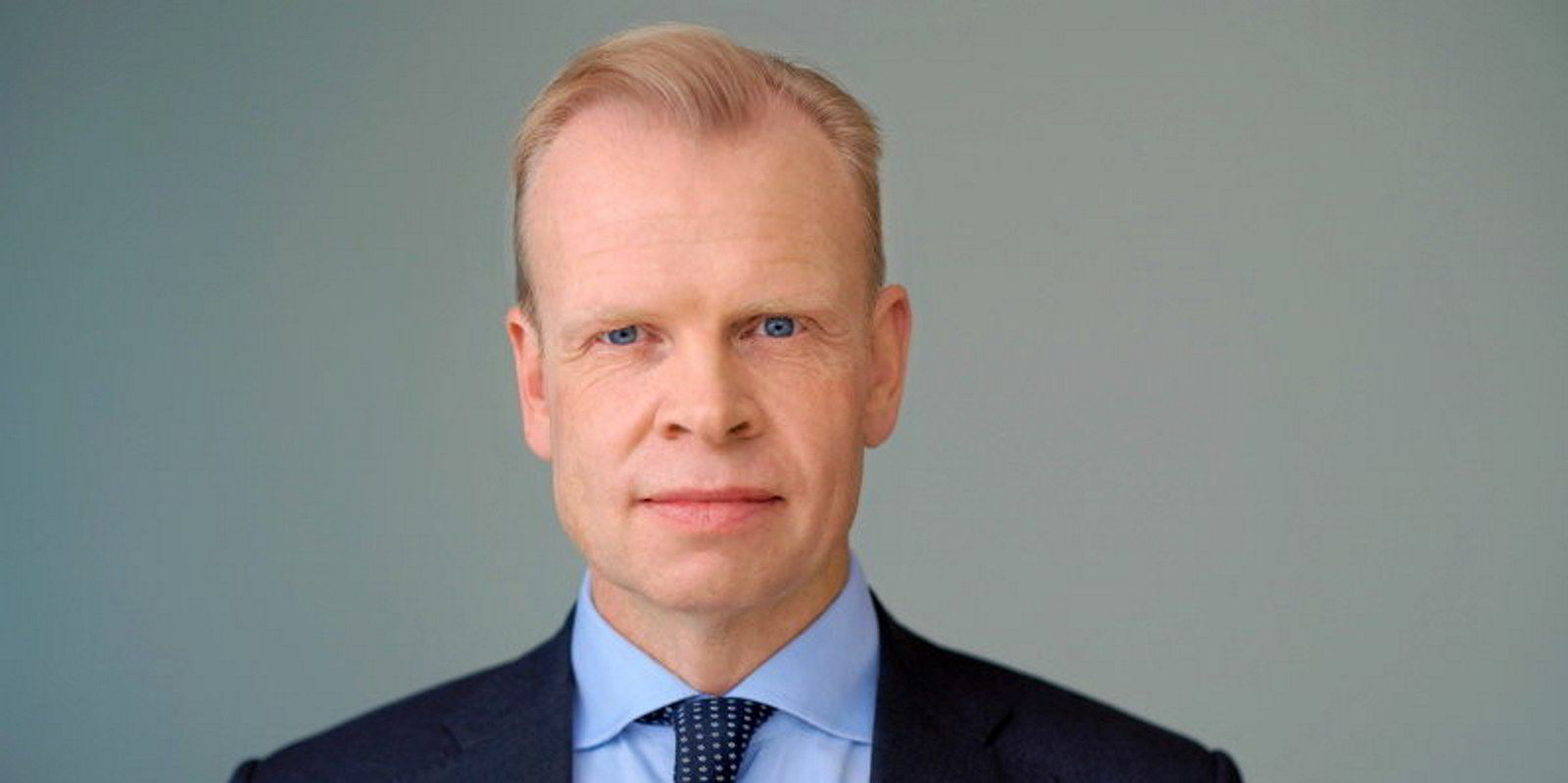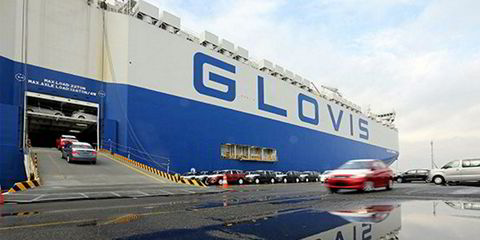Major potential advances in marine batteries have emerged from Yara Marine Technologies’ first innovation accelerator aimed at diversifying the scrubber supplier into a green maritime technology provider.
An Israeli developer of a marine aluminium-air battery system, Phoenician Energy, was selected as the winner of the challenge to identify new technologies that can help shift the Norwegian company towards sustainable shipping products.
Aluminium-air batteries have been known of since the 1960s, but ways to develop commercially viable products have only been discovered in recent years. Previously, they were expensive and electrolyte deposits tended to degrade their operation.
The batteries produce electricity from the reaction of oxygen taken from the air with aluminium anodes, which releases high amounts of energy from the metal. They do not need to be recharged but eventually the anodes deplete and need replacing. However, they can be recycled and aluminium is not a rare mineral, such as lithium.
Car trials
In 2013, Israeli company Phinergy demonstrated a car that could travel 330km (211 miles) on aluminium-air batteries.
Five years later, Udi Erell, a former Israeli Navy captain who ran a satellite-based communication service for yachts from 2005, took out an exclusive licensing agreement with Phinergy to apply the technology to maritime applications and set up a website for Phinergy Marine. He subsequently registered the company as Phoenician Energy.
Erell says Phoenician uses the technology developed by Phinergy — which he believes makes the only commercially viable aluminium-air battery yet — as building blocks for the shipping version, which is installed in 20-foot containers that can be switched in and out when they need replacing.
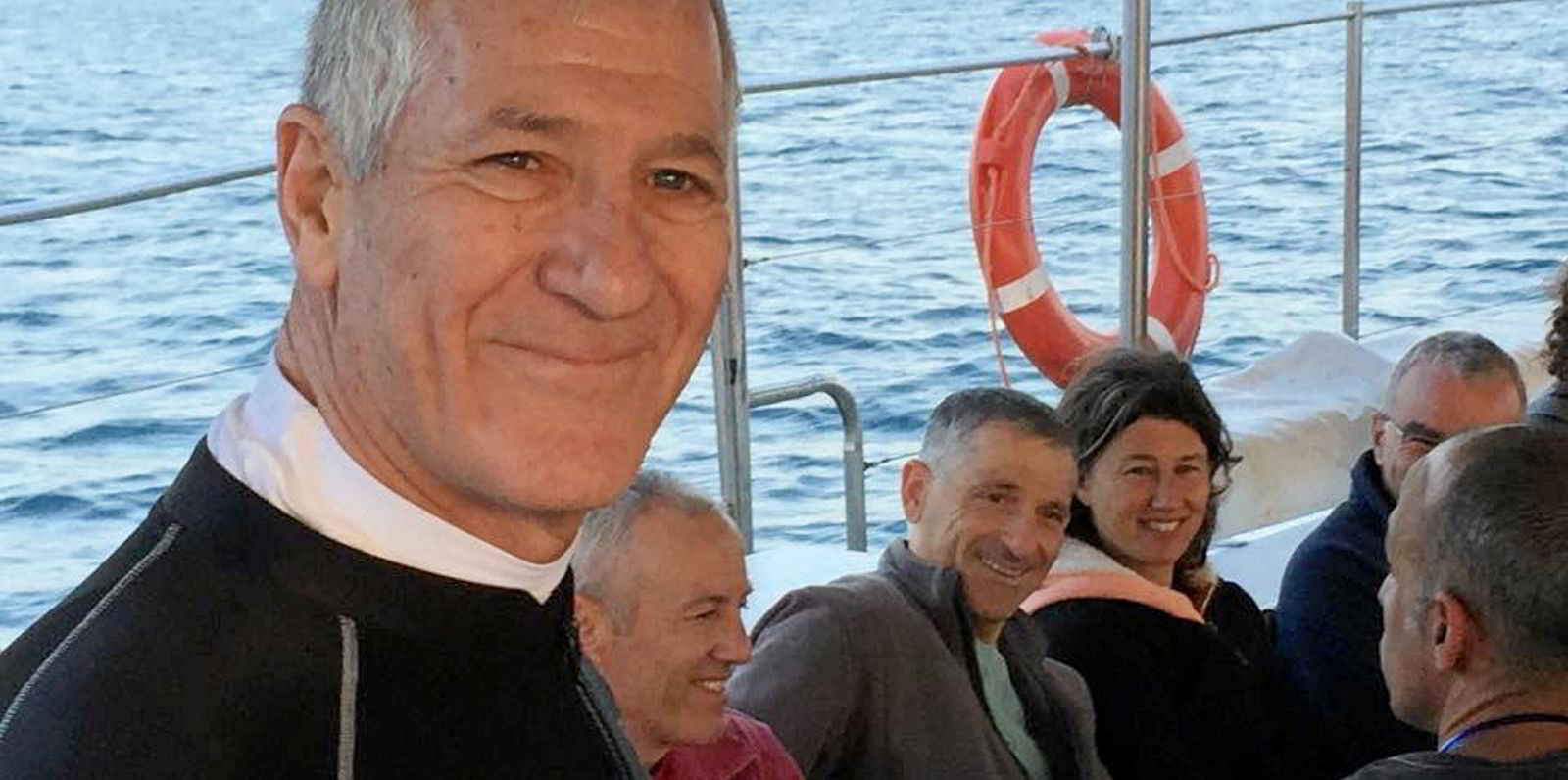
Initially, Phoenician developed a 9.8 MWh unit, which required a separate container for an electrolyte tank, but is now looking to supply stand-alone 4.8 MWh systems that include an integral electrolyte tank in the one container.
“This concept is more flexible, and has many technical and logistic advantages,” Erell told TradeWinds. The lower capacity still provides “at least five times that [the energy] of Li-ion batteries with equivalent [carbon] footprint. Each of these containers provides 240kW for 20 hours, and several containers can be carried, if higher power is required,” he added.
Erell believes the units are, like other battery technologies, most suited to shortsea ships with a range of about 40 nautical miles (75 km), but the cooperation with Yara Marine will aim to discover whether this can be boosted.
Yara Marine chief executive Thomas Koniordos told TradeWinds that it will provide resources to work on engineering and marketing work streams over the six months of the accelerator scheme.
“The question after is, how is this set up going forward? Will we invest big time in the start-up or will we take a [smaller] share in it? Honestly, I don’t know. It depends on how it evolves,” he said.
Mid-next year we will be ready to say whether the product needs to be put into the portfolio
Thomas Koniordos
“Mid-next year we will be ready to say whether the product needs to be put into the portfolio, because we truly like the technology, it adds a lot of value, and it is fully in line with our mission to provide technologies to enable a greener maritime industry,” Koniordos added.
Koniordos said Phoenician impressed Yara Marine not just because of its “cool” technology but because it has “a named prototype customer in the pipeline — not just a R&D [research and development] programme”.
Erell says the pilot project is planned for the 2,364-dwt general cargoship Tharsis (built 2012) — a hybrid diesel-electric vessel owned by Dutch company Tharsis Sea-River Shipping — to carry steel and aluminium cargoes between the UK and Germany via the Rhine and the North Sea.
Tharsis has an innovative track record. Its ship was one of the first hybrid diesel-electric sea-river vessels built, and in November it announced a collaboration with Netherlands-based eConowind to install two of that firm's wind-assist three metre by nine metre TwinFoil units on the vessel.
Earlier, Tharsis announced plans for a sustainable fast-charging site for battery containers for inland vessels at a former power station in Nijmegen, and in 2019, it was granted a subsidy to work on a concept for a low draft, 13-knot, 300-teu open-top electric propulsion ship powered by energy containers in collaboration with naval architects Conoship International.
Yara Marine intends to continue its innovation accelerator scheme as chief executive Thomas Koniordos says it strives “to become a broad technology provider that enables a greener maritime industry”.
Koniordos said the scrubber supplier, which decided in 2020 to broaden its range and develop more sustainable shipping technologies, is likely to run a second round of its accelerator scheme in the third quarter of 2021.
Yara Marine received about 40 applications for its first accelerator, which it whittled down to a shortlist of five developers that were invited to make digital pitches.
The initial aim was to run the programme twice a year, Koniordos said, but the company decided to focus on just one technology first time round.
“For sure, we will run one every year, that is carved in stone, but not necessarily with just one winner. The idea is to have two or three running in parallel,” he said.
Yara Marine’s greening has three strands, including the accelerator. It is also looking into existing technologies close to its core product as well as new areas which have the potential to fit in or add value. These could include mergers and acquisitions where it would take too long to develop in-house.
Koniordos says cleaner propulsion technologies will be its focus as it aims to do its part in meeting the IMO’s carbon emission reduction targets.
The accelerator found a meeting of minds. Phoenician Energy founder Udi Erell says he had been “advocating electric propulsion for sailing boats for a long time and was looking for the kind of energy density that this [the aluminium-air battery] technology provides.”
Erell is a proven advocate of clean seas. The son of the chief of the Israeli Navy at the time of The Six Day War in 1967, Erell is a marathon swimmer who has set up and taken part in sponsored swims between Cyprus and Israel and across the Dead Sea to raise funds for cleaner oceans.
He told TradeWinds: “Most of my breakthroughs in solving problems come to me while I am swimming. Next swim challenge? There is one, but I can't divulge it yet.”
